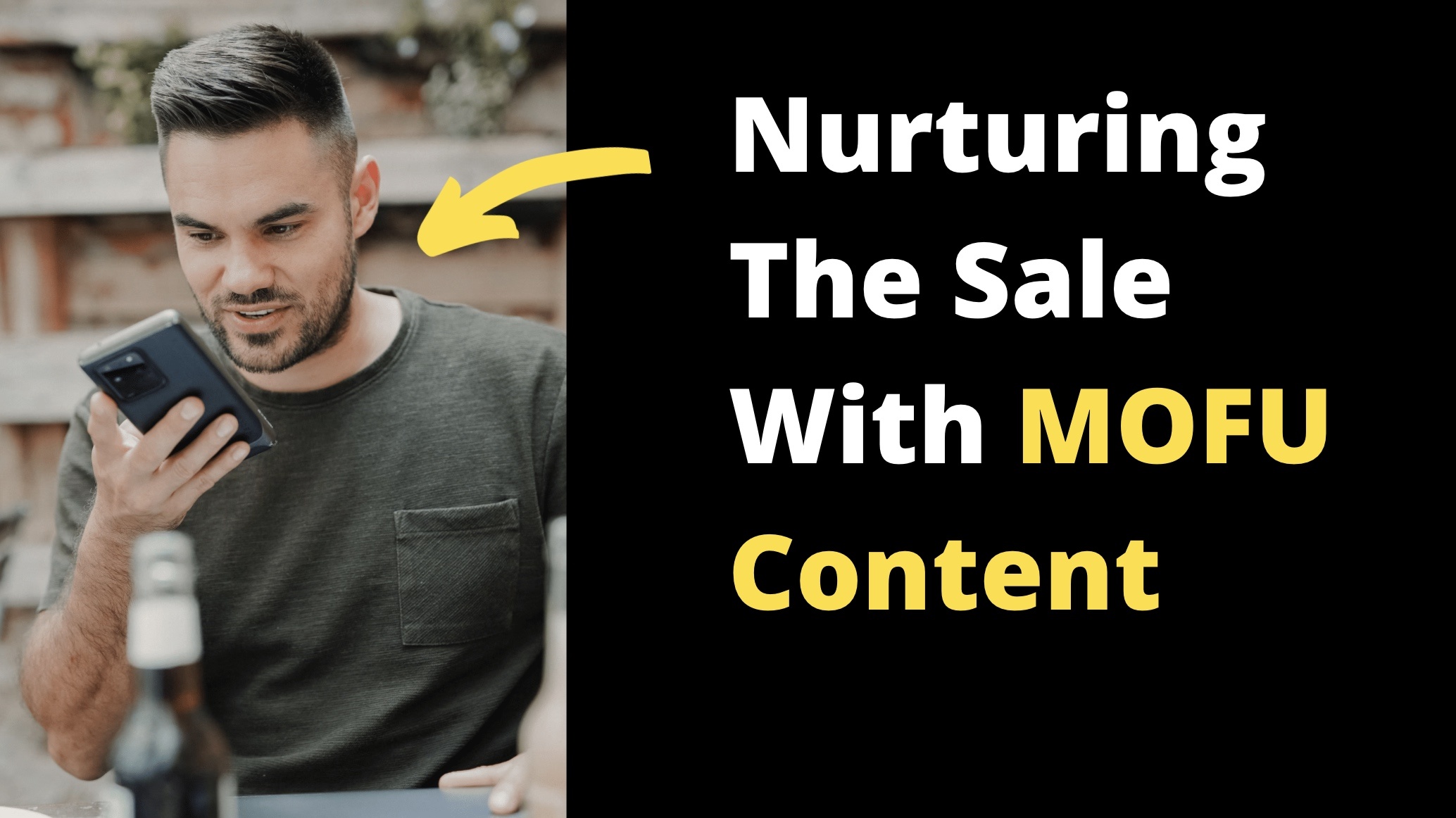How To Decide On A Powerful Name For Your Brand New Startup
January 26, 2019 | Sean Foo

When it comes to choosing your company name, most startups fall into two main categories.
The first group or the ‘it’s only a name’ people tend to focus on slapping on the first name that comes into their mind and rushes headlong into the sales and marketing of their world-changing product.
While that definitely allows your business to save some upfront time (and some pain), it will lead to bigger issues down the road in the marketing and branding department.
Yes, a horrible name will affect your bottom line and ROI.
The second group is the exact opposite of the first, they tend to agonise over every single possibility and every name choice that is in front of them. They believe the name of a company plays a big part of a business success.
More often than not, they create a name that is too complex, overanalysed and might be even counterproductive.
Even if they come out with the ‘perfect’ name for their startup, the amount of time spent on the process will eat away from the real activities that will grow their business in the immediate term – sales & marketing.
How To Approach Naming
At the startup stage, whether you are in the seed round or just raised your Series A, your main objective is probably to survive for both the short and long term and it will boil down to the strength of your company’s sales & marketing.
The brand name you decide on has one core purpose: To maximise your marketing efforts.
And eventually….become a marketing force on its own!
What you want is a powerful name that:
– Is memorable and easily remembered when it is heard and read
– Isn’t mixed up with another topic or personality
– Stands out from your competitors and isn’t a ‘wannabe’ or ‘try-hard’ name
But but but…I want a creative name like Facebook, Virgin & Uber!
Yea sure, these companies possess awesome names…but chances are…you might saying this only because they are already hugely successful. If they were just started yesterday, their names would probably sound wacky!
While there is nothing wrong with having a creative name that positions you well, it has to reduce any marketing friction when going to market with your product or service.
I can hear the rumblings from people out there who are protesting rather fervently, “That’s not true Sean, there are tons of businesses with average names out there that have turned successful.”
Well, your right! 100%. But there so many factors that go into the creation of a successful company and its name is just one of these factors.
Your company name, however, is one factor that you have 100% control over.
While you probably can’t quantify or throw a dollar value down at the power of your company’s name today, maximising its potential and odds of marketing success is something that should not be overlooked.
A Name Builds Its Own Equity

Think of brands like Coca-Cola and Apple to Rolex, these names have marketing value and spirit just by themselves. Just hearing them, you probably immediately can visualize their products floating in your brain and the associated sense that comes with it.
Coca-Cola: I imagine Santa Claus drinking a nice glass of coke and have a warm fuzzy feeling of family & holiday cheer.
Apple: I visualise creative and minimalistic tech products that make me feel cool.
Rolex: I imagine James Bond wearing the brand’s iconic Submariner staring into the distance while the feeling of status and class washes over me.
Obviously, these marketing powers don’t happen overnight, it took the names decades to built their equity (or value).
When you decide to name your business, all your sales, marketing and product development efforts don’t just benefit your corporate entity, it spills over to your brand name.
Getting your name right from the start will save you a ton of pain and heartache when you decide to rebrand to fully maximise the potential of your business brand – and that begins with a powerful brand name.
While you can definitely hire a naming agency to get the job done, if you are tight in budget, here are 6 naming rules to follow.
6 Rules For An Effective Name That Markets Well
After naming more than 20 startups, we have condensed our process into a checklist you can use for your next brainstorming session:
1. Relates To What Your Company Does
While this might sound rather obvious, a good name will immediately bring to mind either:
– The benefit of your solution,
– The problem you are solving
– Or what your product is going to do for them on an emotional level.
2. Easy To Spell, Say & Hear
Your business name will probably be used on almost every marketing material conceivable and making it as simple as possible is key.
From emails to Facebook Ads, to your website and even traditional business cards, choosing a name that is hard to pronounce and spell is bad for your customers and makes it that much harder to be remembered.
A great way to ensure it passes these criteria is to tell 10 people your name. If they can spell it on a piece of paper with minimal error and repeat it back to you easily, you might have a winner!
3. Avoid Negative Associations Or Connotations
Sure, it could seem cool and rebellious to have a name that goes against the grain, it is better to select a name that brings to mind more optimism than negativity.
More often than not, you will have to conduct some research to ensure none of your shortlisted names can accidentally be mistaken negatively.
4. Stay Away From Functional Names
While you definitely want your name to relate to your solution or industry, making it too obvious and blatant isn’t exactly ideal. The unfortunate outcome of having such a name is people’s tendency to forget about it or pigeon-hole your company as another ‘copy-cat’ business.
Comparing names like Apple vs IncredibleComputers or YouTube vs LiveStreamHub, it is rather obvious the latter names are experiencing brand fade-out. Customers will likely either perceive them as budget or knock-off options or worse, as questionable and dubious brands.
Having a generic name is a brand killer.
5. Avoid Trademark Infringement
Basically, this is just a fancy term to say ‘please make sure no one else in your industry or niche is using or has registered the name you want.’
If you want your brand name to go international (maybe your customers are global), you will want to do a global name search. If your customers are within your country, checking with your country’s registrar will be your next step.
6. Ensure Your Brand Name’s Domain Is Available
One of the most critical aspects of choosing your name is ensuring your domain (.com) is free for you to reserve. There might be nothing more heartbreaking than to pour in hundreds of hours and dollars into your name creation to only have it being occupied online by another company or a domain-squatter.
While there are definitely domain options like .io and .net available for your choosing, the .com domain still holds the top spot for credibility and what most customers and visitors will identify with.
No Name Is Perfect
So don’t fret if the name you choose misses a one or two of the rules above.
Having a good sounding relatable name while compromising a little on the domain is much better than having a name with its respective domain, but having it being too generic or possessing negative associations.
If you are looking for inspiration, we have shared how we named our company and you can use the exact same process that we used to craft your new startups an awesome name that markets well.




